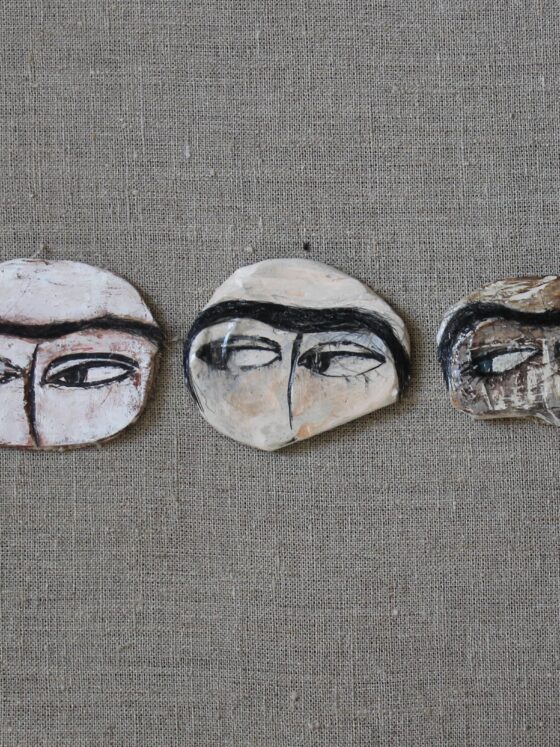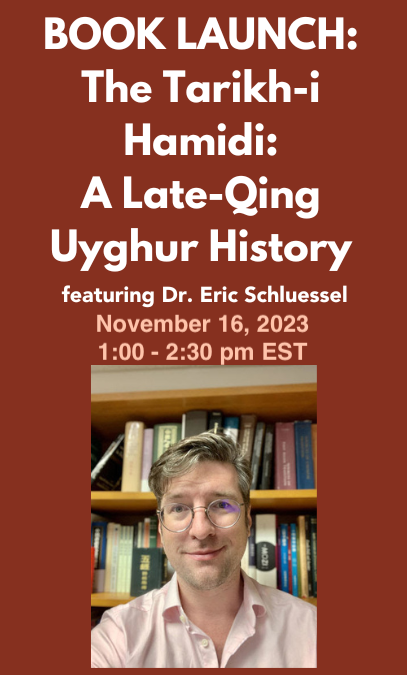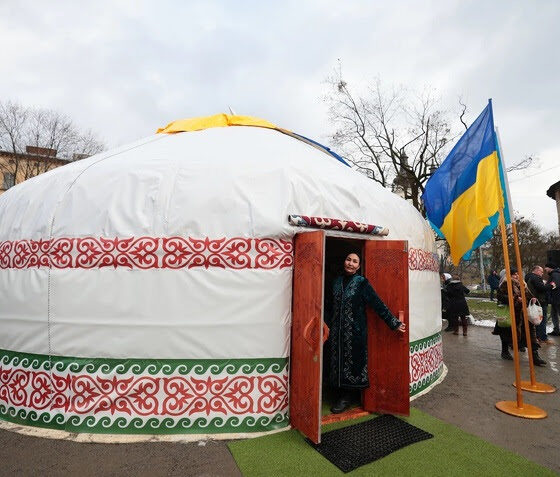April 9, 2021
The 1916 Revolt was a key event in the history of Central Asia, and of the Russian Empire in the First World War. This volume is the first comprehensive re-assessment of its causes, course and consequences in English for over sixty years. It draws together a new generation of leading historians from North America, Japan, Europe, Russia and Central Asia, working with Russian archival sources, oral narratives, poetry and song in Kazakh and Kyrgyz. These illuminate in unprecedented detail the origins and causes of the revolt, and the immense human suffering which it entailed. They also situate the revolt in a global perspective as part of a chain of rebellions and disturbances that shook the world’s empires, as they crumbled under the pressures of total war.
Speakers
 Aminat Chokobaeva, Editor
Aminat Chokobaeva, Editor
Aminat is a postdoctoral scholar in Eurasian Studies at Nazarbayev University, Kazakhstan. A native of Kyrgyzstan, she completed her PhD at the Australian National University in 2017. Her interests include the uprising of 1916 in nomadic Central Asia as well as the broader issues of state-building and governance in the region in the first two decades of Soviet rule.
 Cloé Drieu, Editor
Cloé Drieu, Editor
Cloé Drieu is a French historian and research fellow at CNRS in CETOBaC (Centre for Turkish, Ottoman, Balkan and Central Asia Studies). She specializes in the history of Central Asia during the interwar period, which she studied through Uzbek cinema. Her book on the subject, Cinema, Nation, and Empire in Uzbekistan, 1919-1937 (2019) was first published in French (2013). She currently works on the impact of WWI in Central Asia. With colleagues, she leads seminars at EHESS in Paris (School for Advanced Studies in Social Sciences) on WWI, colonial history and combatant experiences. Since 2019, she has been coordinating a comparative project on “Mass Violence on the Shatterzones: Caucasus and Central Asia beyond the Great War (1912-1924)”.
 Alexander Morrison, Editor
Alexander Morrison, Editor
Alexander Morrison is Fellow and Tutor in History at New College, Oxford, and was formerly Professor of History at Nazarbayev University, Astana and Lecturer in Imperial History at the University of Liverpool. He is the author of The Russian Conquest of Central Asia. A Study in Imperial Expansion 1814 – 1914 (Cambridge, 2020) and Russian Rule in Samarkand 1868 – 1910. A Comparison with British India (Oxford, 2008), and co-editor (with Aminat Chokobaeva and Cloé Drieu) of The Central Asian Revolt of 1916. A Collapsing Empire in the Age of War and Revolution (Manchester, 2019).
 Marlene Laruelle, Moderator
Marlene Laruelle, Moderator
Marlene Laruelle, Ph.D., is Director, Institute for European, Russian, and Eurasian Studies; Director, Central Asia Program; Co-Director, PONARS-Eurasia; and Research Professor of International Affairs at George Washington University. She works on political, social and cultural changes in the post-Soviet space. Marlene’s research explores the transformations of nationalist and conservative ideologies in Russia, nationhood construction in Central Asia, as well as the development of Russia’s Arctic regions. She has been the Principal Investigator of several grants on Russian nationalism, on Russia’s strategies in the Arctic, and on Central Asia’s domestic and foreign policies from the US State Department, the Defense Department, the National Science Foundation, Open Society Foundations, Carnegie Corporation of New York, the Henry Luce Foundation, etc.













